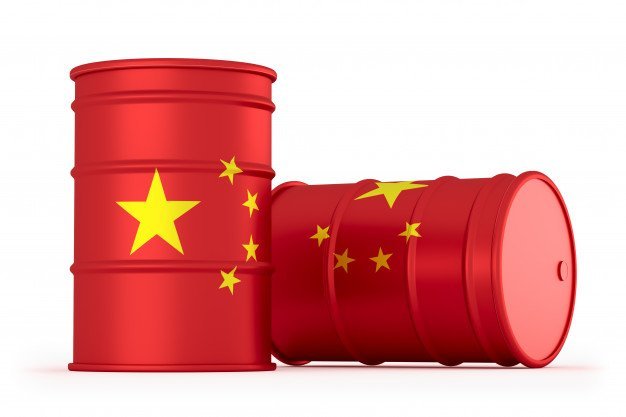Oil futures rose on Friday, bolstered by supply constraints and concerns about a Russian attack on neighboring Ukraine, pushing prices towards a fourth-week gain, despite sources saying China is poised to release crude reserves around Lunar New Year.
Brent crude futures were up $1.59, or 1.9%, to settle at $86.06, gaining 5.4% weekly.
West Texas Intermediate crude, up 6.3% a week, rose $1.70, or 2.1%, to $83.82 a barrel.
Both Brent and US futures have entered overbought territory for the first time since late October.
The global supply-demand situation is very tight and it can be said that this gives a solid support to the market. Traders were active ahead of the escalating tensions between Russia and Ukraine, and Martin Luther King Jr Day holiday, which makes along weekend in US and typically saw lower trading volumes.
The increase in geopolitical risk factors supports the increase in prices. Russia, which has massed 100 thousand soldiers on the border with Ukraine, has published photos of its forces on the move. The news that Russia is preparing to attack Ukraine if diplomacy fails is alarming.
The dollar headed for its biggest weekly drop in four months. A weaker dollar makes commodities more affordable for holders of other currencies.
It is inevitable that oil prices will continue to rise unless market fundamentals change and global investment increases.
A few banks are forecasting oil prices to reach $100 a barrel this year as demand is expected to exceed supply, especially given capacity constraints among OPEC+ countries.
Meanwhile, problems are said to remain unresolved in the indirect talks between Iran and the US on reviving the 2015 Iran nuclear deal. If the United States lifts sanctions on Iran, the country could increase global supply by increasing oil shipments.
Sources said China plans to release oil reserves during the Lunar New Year holidays between Jan. Although imports are expected to pick up this year, China has announced its first annual decline in crude oil imports in two decades.
Fuel demand is under pressure in the world’s second-largest oil consumer as the Omicron coronavirus variant spreads. Many cities, including Beijing, have urged people not to travel during the Lunar New Year holiday.
The U.S. Department of Energy said on Thursday it sold 18 million barrels of strategic crude oil. U.S. oil rigs also rose 11 this week to 492, reaching their highest level since April 2020.

